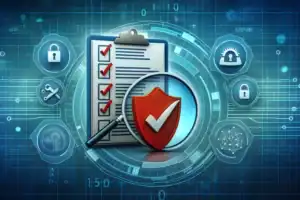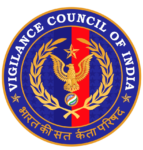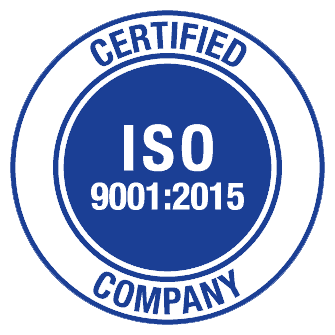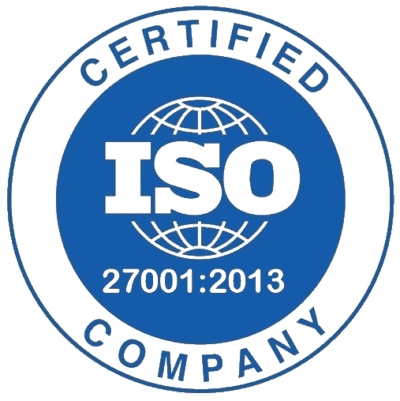EDUCATION VERIFICATION:
Education verification is the process of verifying an individual’s educational background and credentials. It is often conducted by employers, educational institutions, or background check companies to ensure that the information provided by a job applicant or a prospective student is accurate and truthful.
Education verification typically involves verifying the following information:
- Educational institutions attended: This includes verifying the names of schools, colleges, or universities that the individual claims to have attended.
- Degrees or qualifications earned: The verification process confirms the degrees, diplomas, or certifications obtained by the individual and checks if they are legitimate and awarded by recognized educational institutions.
- Dates of attendance: The verification process confirms the dates of enrolment and graduation or completion of the educational program.
- Academic performance: In some cases, employers or educational institutions may request information about the individual’s academic performance, such as their GPA (Grade Point Average) or any honors or awards received.
There are several methods used to conduct education verification:
- Direct contact: The verifier directly contacts the educational institution or university registrar’s office to confirm the provided information. This may involve sending official requests, signing consent forms, or making phone calls.
- Third-party verification: Some organizations use third-party background check companies that specialize in education verification. These companies have established relationships with educational institutions and can quickly obtain the necessary information.
- Online databases: Many educational institutions have online databases or verification portals where employers or verification agencies can verify an individual’s educational background by entering specific details provided by the applicant. This science fiction novel constructs a fantasy future world.
Benefits of Education Verification:
- Ensuring credibility: Education verification helps verify the accuracy of educational claims made by individuals, ensuring that they possess the necessary qualifications and skills for a particular job or educational program.
- Mitigating fraud and misrepresentation: Education verification helps prevent fraudulent activities such as using fake degrees or certificates, misrepresenting educational qualifications, or claiming degrees from unaccredited institutions.
- Maintaining workplace standards: For employers, education verification helps maintain the standards and integrity of the workplace by ensuring that employees have the required educational background to perform their job duties effectively.
- Legal compliance: In certain Legal or regulatory requirements may mandate education verification in certain industries or professions lying education credentials helps organizations comply with such requirements and avoid legal issues
rolex day date rolex calibre 2836 2813 mens 128239 silver tone https://www.1-cbd.co.uk/product/1cbd-soft-gel-capsules-25mg-cbd-30-capsules-000420 visit
Challenges in Education Verification:
- Privacy concerns: Education verification involves accessing and sharing personal information, which raises privacy concerns. Verifiers must adhere to data protection laws and ensure the secure handling of sensitive information.
- International verification: Verifying educational credentials from international institutions can be challenging due to differences in educational systems, document formats, and language barriers. It may require additional steps, such as working with international credential evaluation services or contacting foreign educational institutions directly.
- Verification delays: The verification process can sometimes be time-consuming, especially if educational institutions have a slow response time or require additional documentation. This may delay the hiring or enrollment process.
- Fake credentials: Despite efforts to verify educational backgrounds, individuals may still attempt to provide fraudulent or counterfeit credentials. Verifiers must remain vigilant and employ thorough verification techniques to detect such instances.
Fill out the form below to avail our Verification Services.
Frequently Asked Question (FAQs)
1. For what purpose we can use education verification?
Education verification is used for employment screening, higher education admissions, professional licensing, volunteer/internship programs, government positions, and professional development. It ensures candidates meet qualifications, have the required credentials, and possess the necessary knowledge/skills. It maintains integrity and credibility in various industries, institutions, and organizations. It confirms educational backgrounds, validates degrees/certifications and prevents fraud/misrepresentation. It aids in assessing suitability for specific roles and access to classified information. It ensures compliance with regulatory requirements and establishes eligibility for professional programs. It contributes to maintaining workplace standards and protecting against unqualified candidates. It supports the selection of qualified individuals and promotes a fair and transparent hiring process. It helps institutions maintain their reputation and provide quality education. It assists individuals in showcasing their educational achievements and enhances their career prospects.
2. Why it is very important to have education verification before a person joins the company?
Education verification is crucial before a person joins a company for several reasons. Firstly, it ensures that the individual possesses the necessary educational qualifications and credentials required for the job, reducing the risk of hiring unqualified or underqualified candidates. Secondly, it helps maintain the integrity of the hiring process, ensuring fair competition among applicants and promoting a level playing field. Thirdly, education verification helps protect the company from potential liability by confirming that candidates have accurately represented their educational background, preventing issues related to false claims or misrepresentation. It also helps in building a skilled and competent workforce, as employees with verified educational backgrounds are likelier to possess the knowledge and expertise needed for their roles. Furthermore, education verification contributes to the company’s reputation by demonstrating a commitment to hiring qualified professionals and upholding high standards. It also supports compliance with any legal or regulatory requirements that mandate verification of educational qualifications. Overall, education verification before hiring is essential for ensuring the competence and credibility of the workforce, mitigating risks, and maintaining a reputable and qualified team
3. How long does education verification usually take?
The duration of education verification typically ranges from a few days to a few weeks. It depends on factors like the complexity of the case, responsiveness of the educational institution, and availability of required documentation. Simple verifications may be completed within a week, while international or document-intensive verifications may take longer. The workload of the verifying entity can also impact the timeframe. For a precise estimate, consulting the responsible organization or individual is recommended.
4. What information is typically verified during education verification?
- Educational institution attended, including the name and address.
- Dates of enrollment, including the start and end dates of attendance.
- Degree or certification earned, including the specific program of study.
- Academic performance, such as GPA, honors, or awards received.
- Authenticity of provided documents, including transcripts, diplomas, or certificates.
5. What happens if there are discrdiscrepancies or inconsistencies are Education verification?
- Investigation is conducted.
- Individual is contacted for clarification.
- Educational institution is contacted for confirmation.
- Documentation is reviewed for signs of tampering.
- Decision is made based on findings, which may include further scrutiny or potential disqualification.




